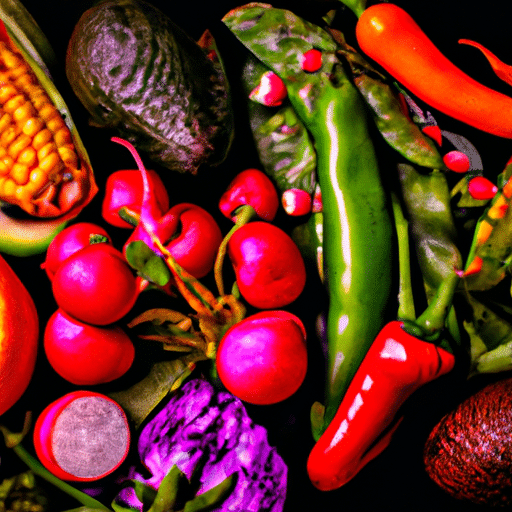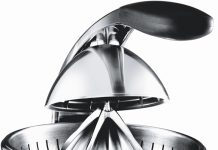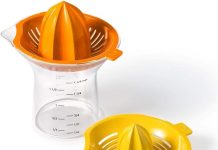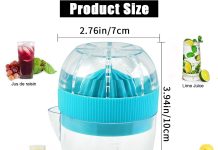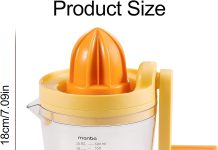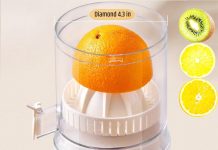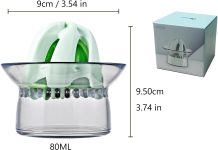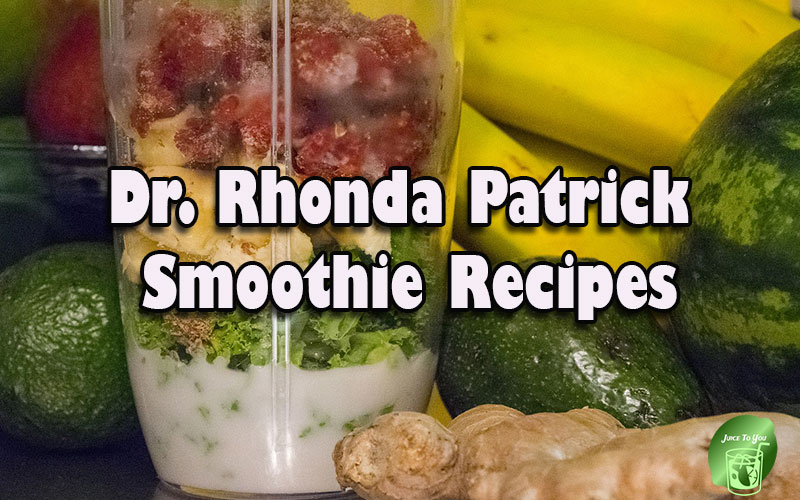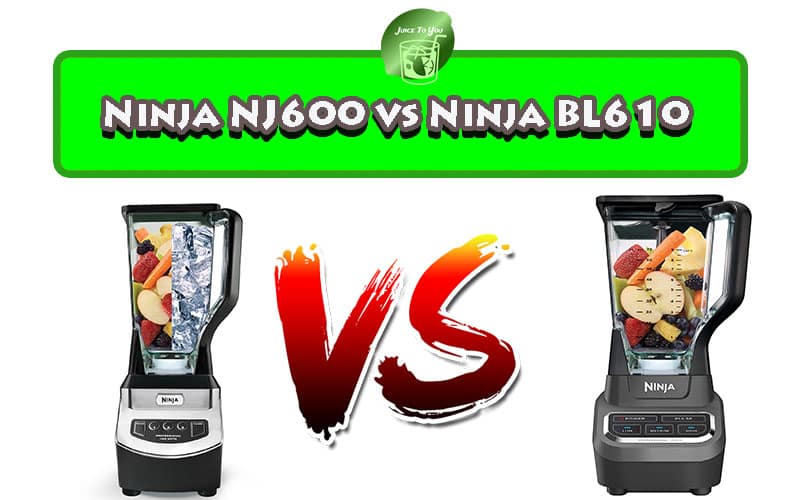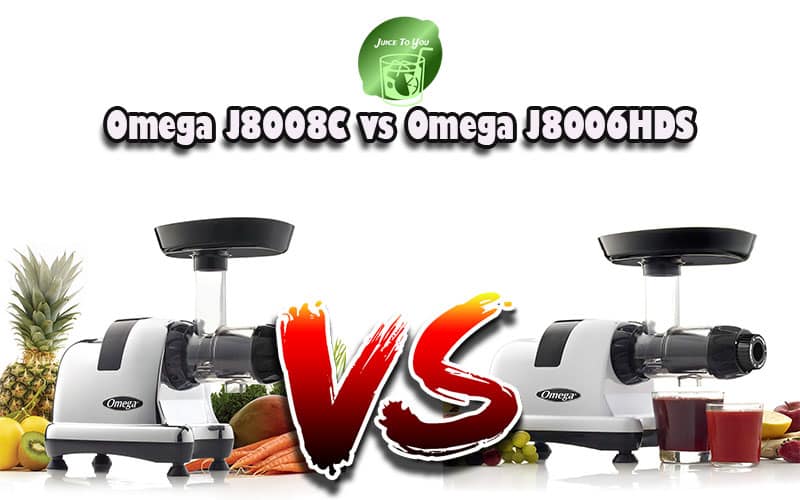Juicing has become increasingly popular in recent years, with more and more people embracing this trend as a way to incorporate fruits and vegetables into their diets. In this article, we will explore the pros and cons of juicing, weighing the benefits of obtaining essential nutrients and antioxidants against the potential drawbacks of removing valuable fiber. By examining both sides of the juicing debate, we aim to help readers make informed decisions about incorporating this practice into their own lives. So, let’s delve into the world of juicing and discover its potential advantages and disadvantages.
Review contents
Pros of Juicing
Increased nutrient intake
Juicing is a fantastic way to increase our nutrient intake. By juicing fruits and vegetables, we can extract a concentrated form of their vitamins, minerals, and antioxidants. Since the juice is separated from the pulp, our bodies can quickly and easily absorb these essential nutrients without needing to break down the fiber. This makes it an excellent option for individuals with digestive issues or those who struggle with chewing or swallowing foods.
Easier digestion and absorption
Another benefit of juicing is that it eases digestion and increases nutrient absorption. Juicing extracts the juice from fruits and vegetables while removing the fibrous pulp, making it easier for our bodies to break down and assimilate the nutrients. This is particularly advantageous for individuals with digestive problems or those who have difficulty digesting certain types of foods.
Promotes hydration
Staying hydrated is vital for overall health, and juicing can help us achieve adequate hydration levels. Fruits and vegetables are rich in water, and by juicing them, we can easily incorporate a hydrating drink into our daily routine. Juices can be a refreshing and delicious way to quench our thirst while also replenishing our body’s fluids.
May aid in weight loss
For individuals looking to shed some pounds, juicing can be a great addition to their weight loss journey. Juices made from a combination of fruits and vegetables are low in calories but rich in essential nutrients. They can provide satiety, making us feel full for longer periods and reducing the urge to snack on unhealthy foods. Additionally, the natural sugars in fruits can satisfy our sweet cravings without consuming processed sugars, which can hinder weight loss efforts.
Boosts immune system
Regular consumption of fresh juices can give our immune system the boost it needs to fend off illnesses. Fruits and vegetables are packed with vitamins, minerals, and antioxidants that strengthen our immune system and help fight off infections. Nutrients like vitamin C, found abundantly in citrus fruits, can enhance the production of white blood cells, which are crucial for a healthy immune system. Including juices in our diet can support our body’s natural defense mechanisms and keep us feeling our best.
Rich source of antioxidants
Juices are also an excellent way to take advantage of the antioxidant properties found in fruits and vegetables. Antioxidants protect our cells from damage caused by free radicals, which can lead to various diseases and accelerate the aging process. By juicing a variety of colorful produce, we can access a wide range of antioxidants, such as vitamins A, C, and E, beta-carotene, lycopene, and polyphenols. These antioxidants work synergistically to neutralize free radicals and promote optimal health.
Increases fruit and vegetable consumption
Many individuals struggle to meet their daily recommended intake of fruits and vegetables. Juicing offers a convenient solution to this problem. By juicing, we can easily consume larger quantities of fruits and vegetables in one sitting than we typically would by eating them whole. This allows us to pack in an array of nutrients from different produce varieties, promoting a diverse and well-rounded diet.
Can be a convenient way to consume fruits and vegetables
In our fast-paced lives, finding time to prepare and eat a variety of fruits and vegetables can be challenging. Juicing offers a convenient solution by providing a quick and easy way to consume these nutrient-filled foods. With a quality juicer and some fresh produce, we can have a nutritious drink ready in minutes. This convenience makes juicing a suitable option for busy individuals or those who have difficulty including fruits and vegetables in their meals.
May help detoxify the body
Juicing has gained popularity as a detoxification method. While our bodies already have built-in detoxification systems, juicing can support these natural processes by providing an abundance of vitamins, minerals, and antioxidants. The concentrated nutrients found in fresh juices can bolster our liver’s detoxification abilities and assist in eliminating toxins from our body. However, it is important to note that juicing should not replace a balanced diet and that our liver and kidneys are ultimately responsible for detoxification.
May improve skin health
The saying “you are what you eat” rings true when it comes to skin health. Juicing can provide several benefits for our skin, thanks to the high concentration of vitamins and antioxidants found in fruits and vegetables. Nutrients like vitamins A, C, and E, as well as beta-carotene, can promote a healthy complexion, reduce inflammation, and support collagen production. Additionally, the hydrating properties of juices can help keep our skin moisturized and plump, reducing the appearance of fine lines and wrinkles.
Cons of Juicing
Lack of fiber
One of the main drawbacks of juicing is the loss of fiber. When we juice fruits and vegetables, the fiber is separated from the juice, resulting in a loss of this essential component of a healthy diet. Fiber plays a crucial role in digestion, promoting regular bowel movements, and maintaining gut health. It also helps us feel full and satisfied after meals, which can aid in weight control. While juicing can still provide other valuable nutrients, it’s important to find alternative ways to incorporate fiber into our diet, such as consuming whole fruits and vegetables or adding fiber supplements.
High sugar content
While natural sugars are significantly better than refined sugars, juicing can still yield a high sugar content. Fruits, in particular, are naturally sweet and can cause a rapid spike in blood sugar levels when consumed in large quantities. This can be problematic for individuals with diabetes or those trying to manage their sugar intake. Additionally, excessive sugar consumption can contribute to weight gain, dental issues, and an increased risk of certain health conditions. To mitigate this, it’s important to balance the types and quantities of fruits used in juices and consider including more vegetables than fruits to reduce overall sugar content.
Loss of nutrients
The process of juicing can lead to a loss of nutrients compared to consuming whole fruits and vegetables. Exposure to air, heat, and light during juicing can cause enzymatic reactions and oxidation, reducing the nutritional value of the juice. Additionally, certain nutrients, such as vitamins C and B, are sensitive to these factors and can degrade quickly. To minimize nutrient loss, it is best to consume fresh juices immediately after preparation and store them in airtight containers in the refrigerator. It’s also worth noting that centrifugal juicers, which use high-speed spinning, can generate heat that may further contribute to nutrient degradation.
Potential overconsumption
Since juices can be delicious and refreshing, there is a risk of overconsumption. It’s easy to drink multiple servings of juice without realizing the high calorie and sugar content. This can lead to weight gain and a disruption in our overall nutrient balance. It’s important to be mindful of portion sizes and consider juices as a complement to a balanced diet rather than a replacement for whole foods. Moderation is key to avoid the negative effects of overconsumption.
Risk of foodborne illnesses
Raw fruits and vegetables, which are commonly used in juicing, can carry bacteria, parasites, or other contaminants that may cause foodborne illnesses. Improper handling, inadequate washing, or consuming expired produce can increase the risk of contamination. It’s crucial to choose fresh, high-quality produce, wash it thoroughly before juicing, and follow good food safety practices. Individuals with weakened immune systems, such as pregnant women, children, and the elderly, should be particularly cautious.
Expensive
Juicing can be a costly endeavor, especially if we opt for organic produce or use specialized ingredients. Purchasing a high-quality juicer can also add to the expenses. Additionally, the volume of produce required to make a single glass of juice can be surprisingly large, further increasing the cost. It’s essential to consider the financial implications before committing to regular juicing and explore more budget-friendly alternatives for increasing fruit and vegetable consumption.
Time-consuming
Preparing and juicing a variety of fruits and vegetables can be time-consuming, especially if we aim to incorporate different flavors and nutrients in our juices. Cleaning the juicer and disposing of the leftover pulp can also be a lengthy process. For individuals with busy schedules or limited patience, the time commitment required for juicing may be a significant disadvantage. It’s important to assess whether the convenience and benefits of juicing outweigh the time investment and consider alternative methods of consuming fruits and vegetables, such as smoothies or salads.
Can cause digestive issues
While juicing can be gentle on the digestive system for some individuals, it can cause digestive issues for others. Removing the fiber from fruits and vegetables can result in a concentrated mix of nutrients that may be overwhelming for sensitive stomachs. Some people may experience bloating, gas, or even diarrhea when consuming large quantities of juice. It’s important to listen to our bodies and adjust our juicing habits accordingly. Gradually introducing juices into our diet, starting with smaller portions, and paying attention to how our body reacts can help minimize potential digestive issues.
May not be suitable for everyone
While juicing can offer numerous health benefits, it may not be suitable for everyone. Individuals with specific medical conditions, such as diabetes, kidney problems, or certain gastrointestinal disorders, may need to exercise caution or avoid juicing altogether. Juices high in sugar or potassium, for example, can be problematic for those with diabetes or impaired kidney function. It’s essential to consult with a healthcare professional or registered dietitian before starting any juicing regimen, especially if we have underlying health issues or are taking medication.
Can lead to nutrient imbalances
When we rely heavily on juicing as a source of nutrition, there is a risk of developing nutrient imbalances. Fruits and vegetables are not nutritionally equivalent, and certain nutrients may be more abundant in specific varieties. By juicing a limited range of fruits and vegetables, we may miss out on essential nutrients found in other produce. To ensure a well-rounded nutrient intake, it’s crucial to vary the fruits and vegetables we juice and consider incorporating other whole foods into our diet. A balanced approach is key to preventing nutrient deficiencies or imbalances.
Juicing can be a delicious and convenient way to incorporate more fruits and vegetables into our diet. It offers a multitude of health benefits, including increased nutrient intake, easier digestion and absorption, hydration, potential weight loss support, boosted immune system, antioxidants, and improved skin health. However, it’s essential to be aware of the potential drawbacks, such as the lack of fiber, high sugar content, nutrient loss, overconsumption, risk of foodborne illnesses, expense, time commitment, digestive issues, potential unsuitability for certain individuals, and the possibility of nutrient imbalances. By considering both the pros and cons, we can make informed decisions about incorporating juicing into our lifestyle and ensure it aligns with our unique health needs and goals. Remember, moderation and variety are key to maintaining a balanced and nutritious diet.

